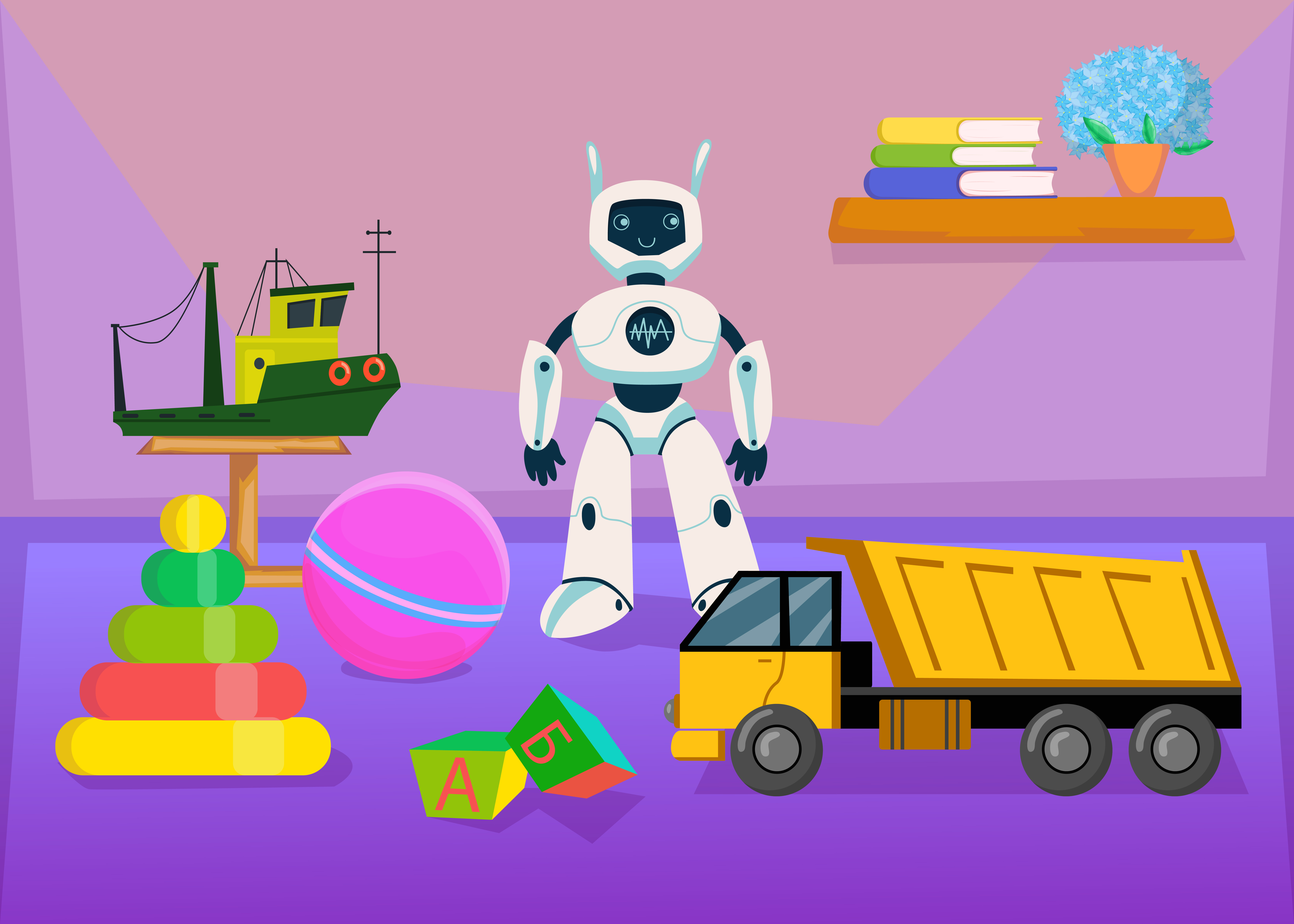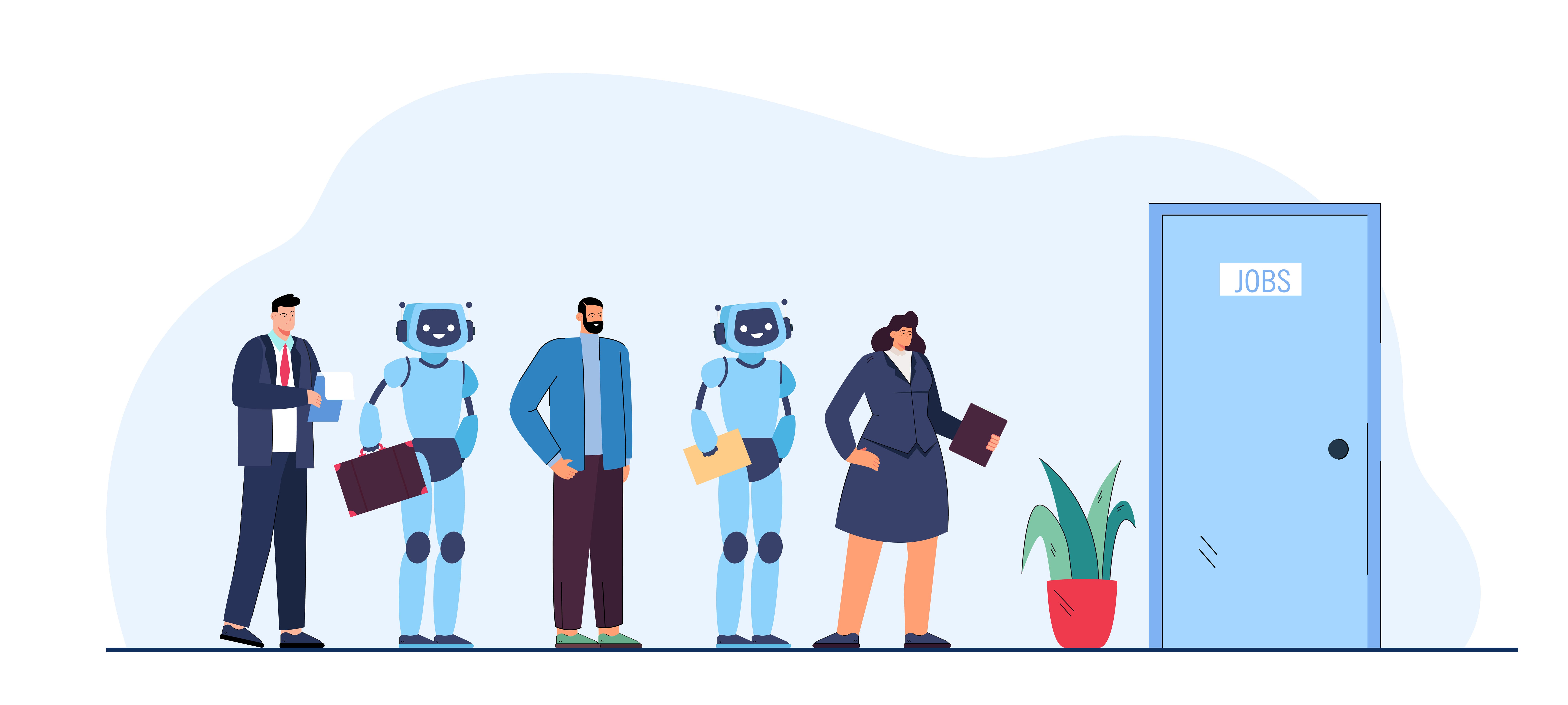Consumer hardware is becoming more deeply embedded with AI as robot vacuum cleaners evolve from simple automated devices into intelligent household assistants.
New models rely on multimodal perception and real-time decision-making, instead of fixed cleaning routes, allowing them to adapt to complex domestic environments.
Advanced AI systems now enable robot vacuums to recognise obstacles, optimise cleaning sequences and respond to natural language commands. Technologies such as visual recognition and mapping algorithms support adaptive behaviour, improving efficiency while reducing manual input from users.
Market data reflects the shift towards intelligence-led growth.
Global shipments of smart robot vacuums increased by 18.7 percent during the first three quarters of 2025, with manufacturers increasingly competing on intelligent experience rather than suction power, as integration with smart home ecosystems accelerates.
Would you like to learn more about AI, tech and digital diplomacy? If so, ask our Diplo chatbot!










